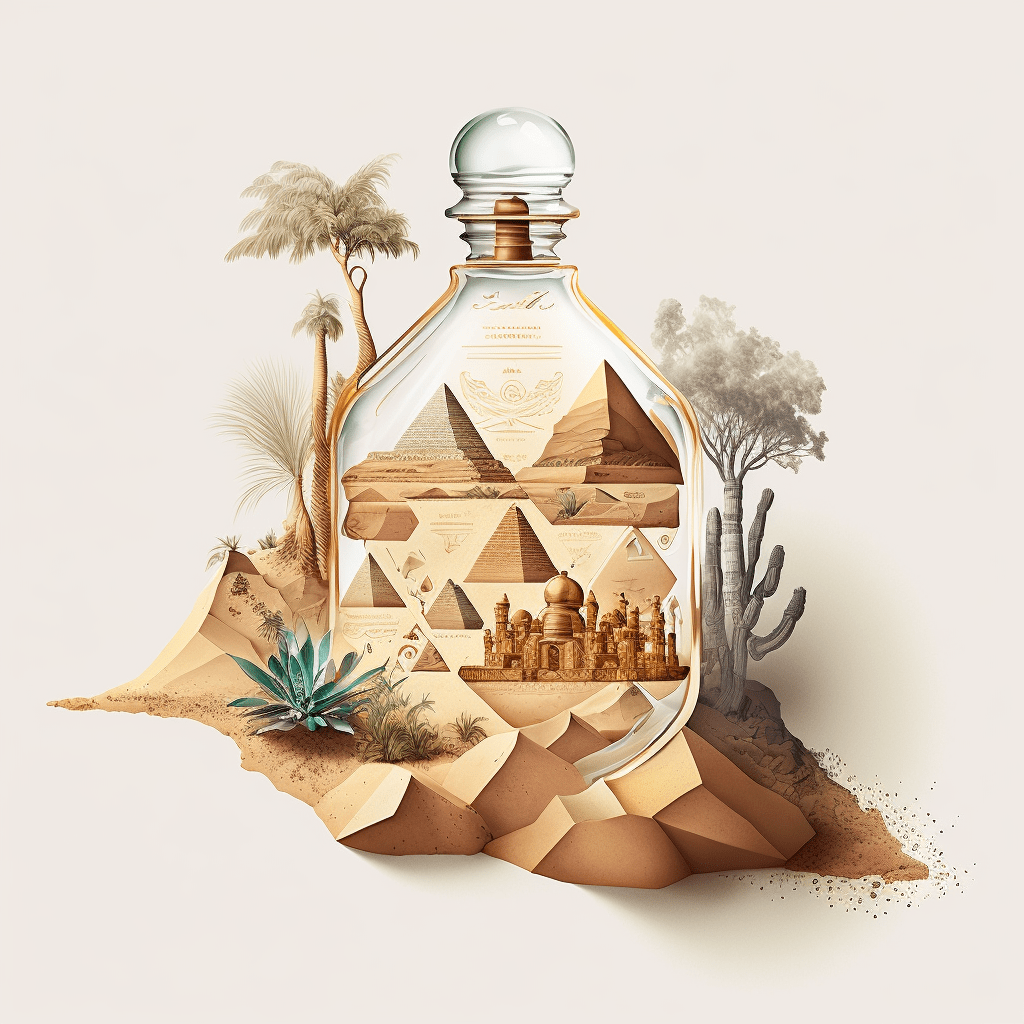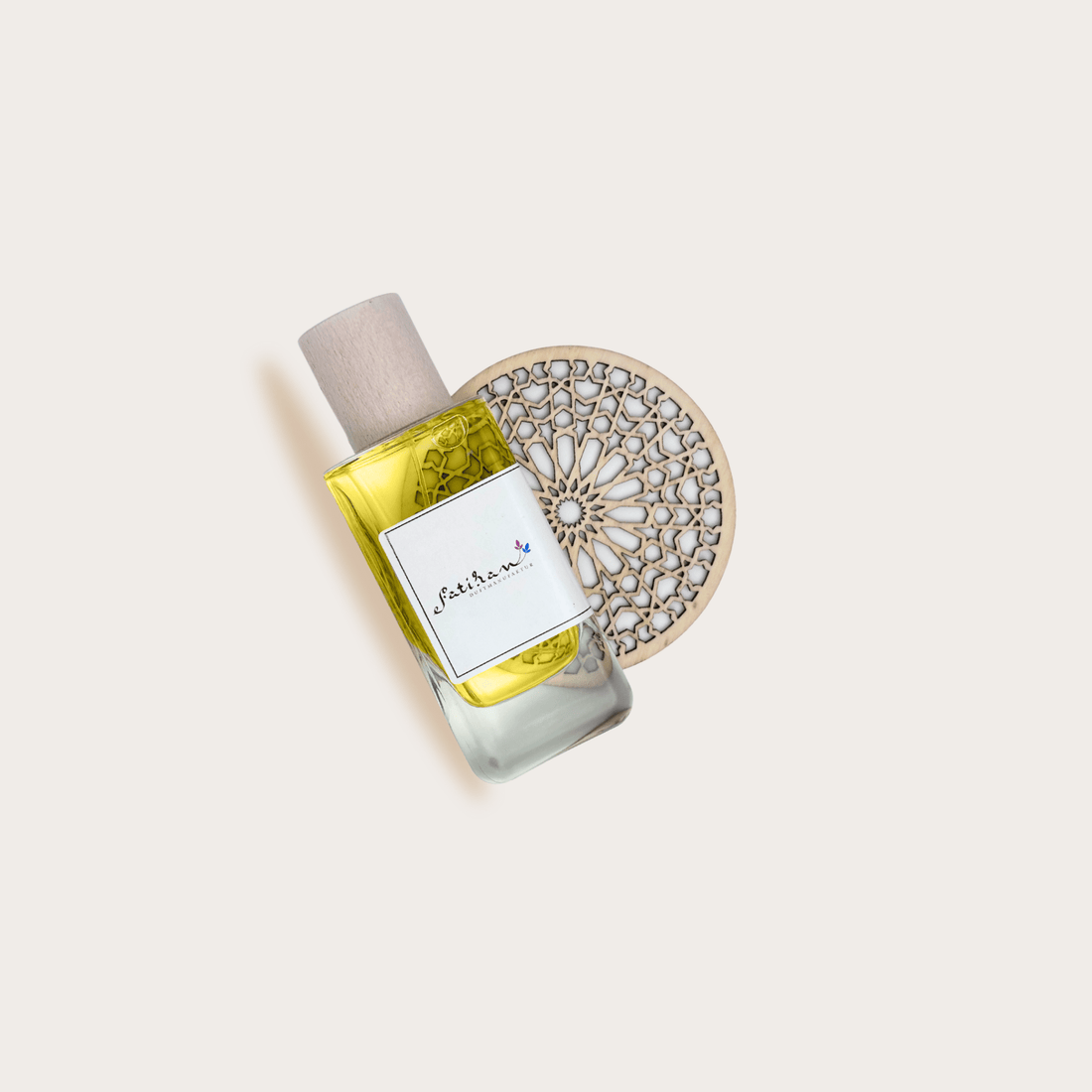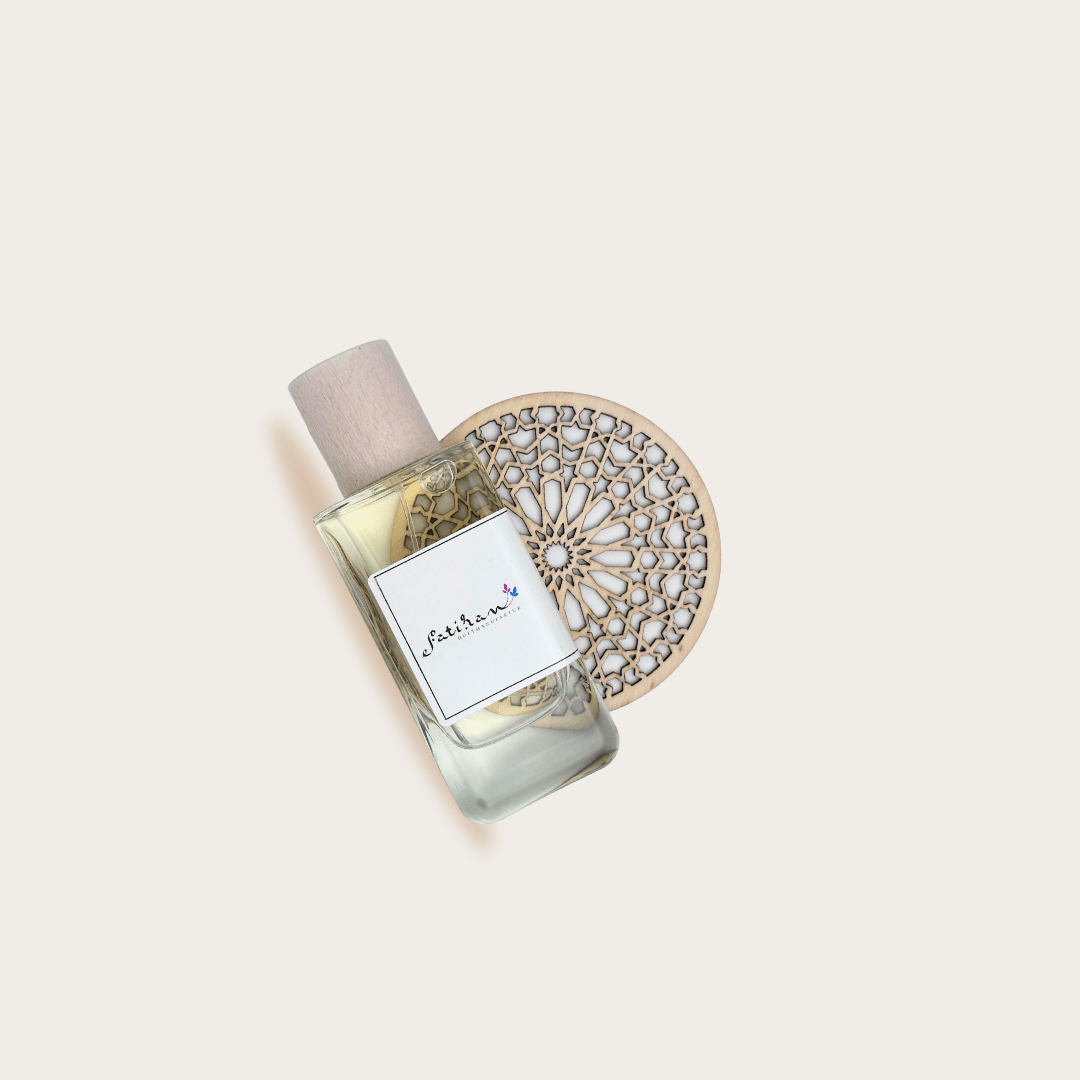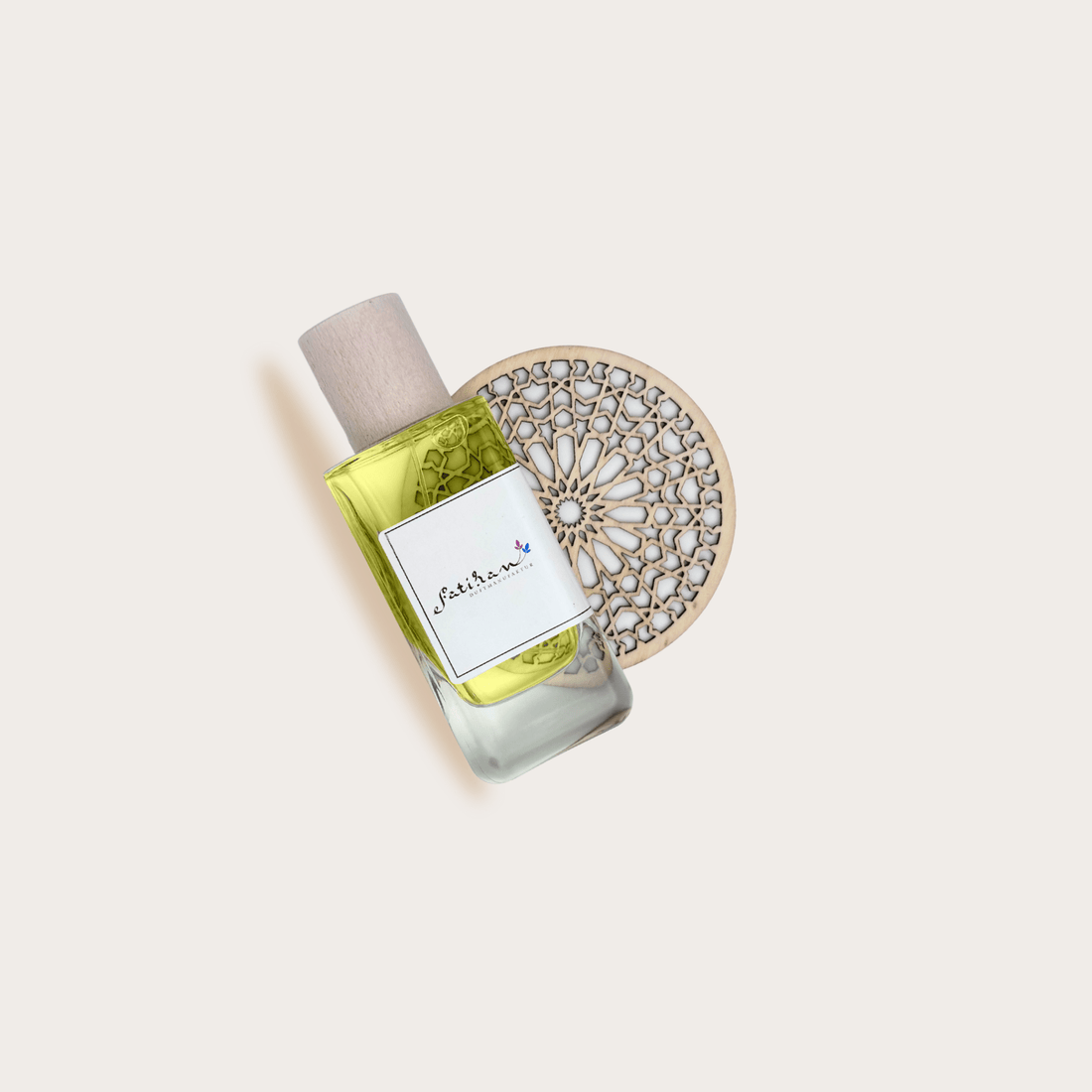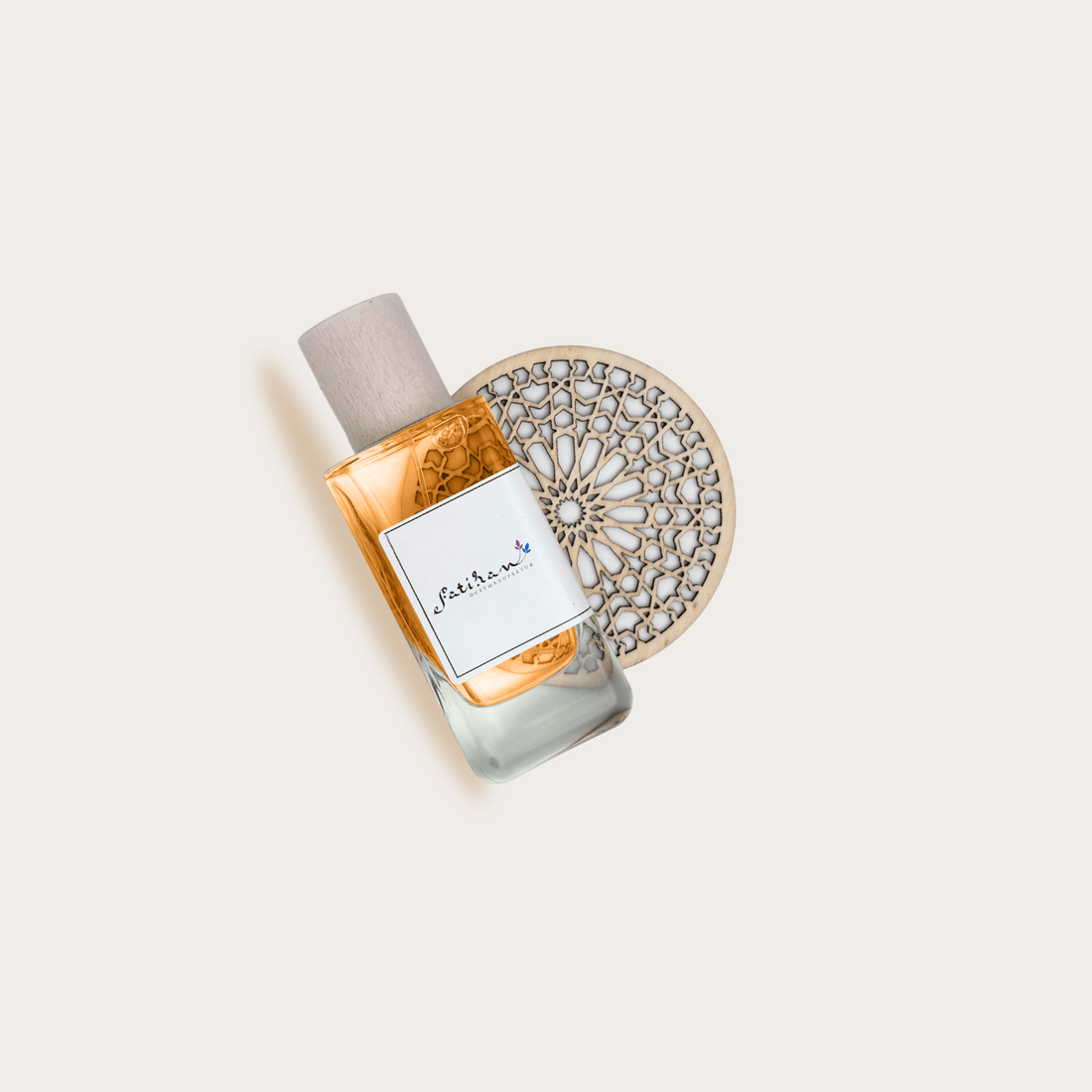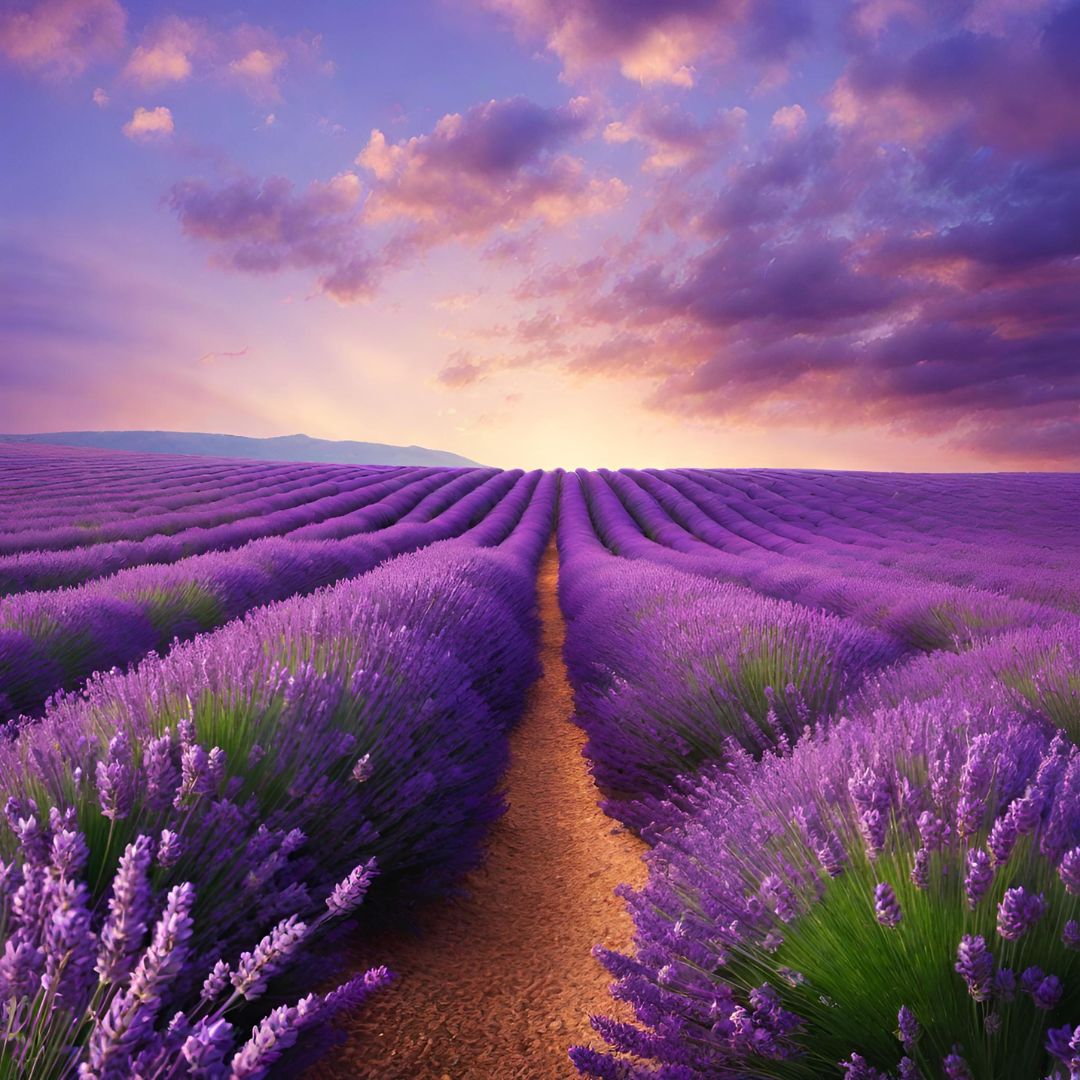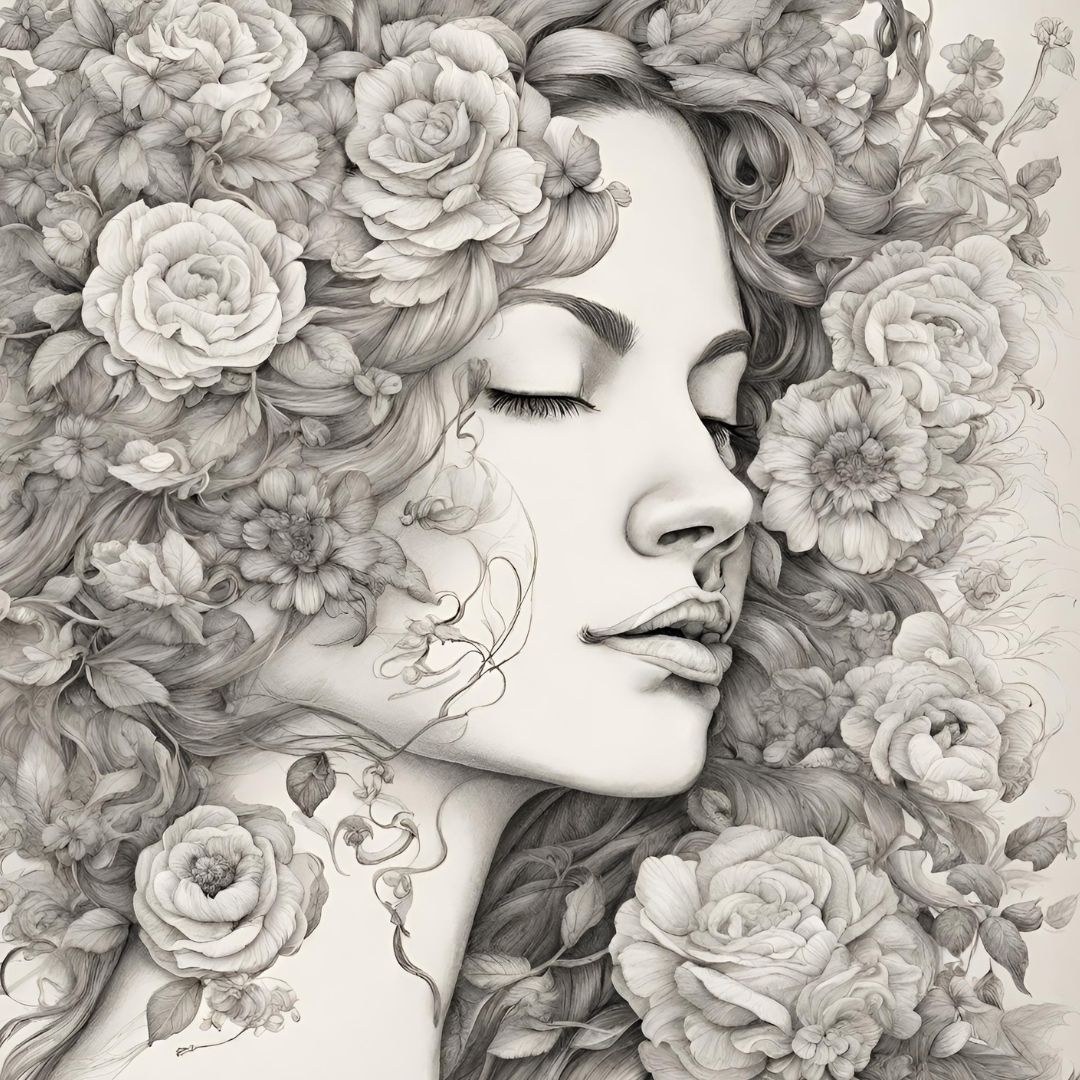The history of perfumery goes back a long way and refers to the art of creating and using scents. From the ancient Egyptians to the Romans, Greeks and Arabs, scents were an important part of everyday life.
The Arabs perfected the techniques of fragrance production and processing and introduced many of the ingredients and oils still used today. They also enabled the spread of scents and perfumes in Europe and other parts of the world by sharing their knowledge and technology.
The Middle Ages saw the emergence of the first perfumeries in Europe, producing and selling fragrances. However, these perfumeries were only accessible to the rich and powerful. It took many more centuries for perfumery to become an industry accessible to all. In the 19th century, chemists began to analyze and recreate the formula of fragrances. This led to the emergence of the modern perfumery industry and the availability of fragrances to a wider population. This period also saw the emergence of the first major perfume houses, such as Guerlain, Chanel and Dior, which are still leaders in the industry today.
Today, there is a wide range of fragrances to suit every taste and occasion. Fragrances are offered in perfumes, eau de toilette, body sprays and much more. There are fragrances for everyday and special occasions, fragrances for women and men, and even unisex fragrances. The perfumery industry has also changed a lot in recent years. There are now many independent perfume manufacturers and niche brands that rely on natural and organic ingredients. There is also an increasing demand for vegan and cruelty-free fragrances. In modern perfumery, more and more emphasis is also being placed on packaging and marketing. Fragrances are often promoted with a strong emotional message or a well-known personality to create a strong connection with the customer.
In conclusion, the history of perfumery is a long and fascinating journey, stretching from the ancient Egyptians, Romans, Greeks and Arabs to modern perfume makers. Fragrances have evolved throughout history from a luxury item for the elite to an everyday commodity used by people of all classes and genders. Today, there is an infinite variety of fragrances available to suit every taste and occasion.
Perfume making has also become a major industry, generating thousands of jobs and millions in revenue. It is impressive to see how technology and science have evolved over the centuries to produce increasingly complex and sophisticated fragrances. Although the history of perfumery is a long one, it is far from over. It will be interesting to see how the industry continues to develop in the future and what new fragrances and technologies will emerge in the future. One thing is certain: the fascination with fragrances will remain unbroken in the future.


